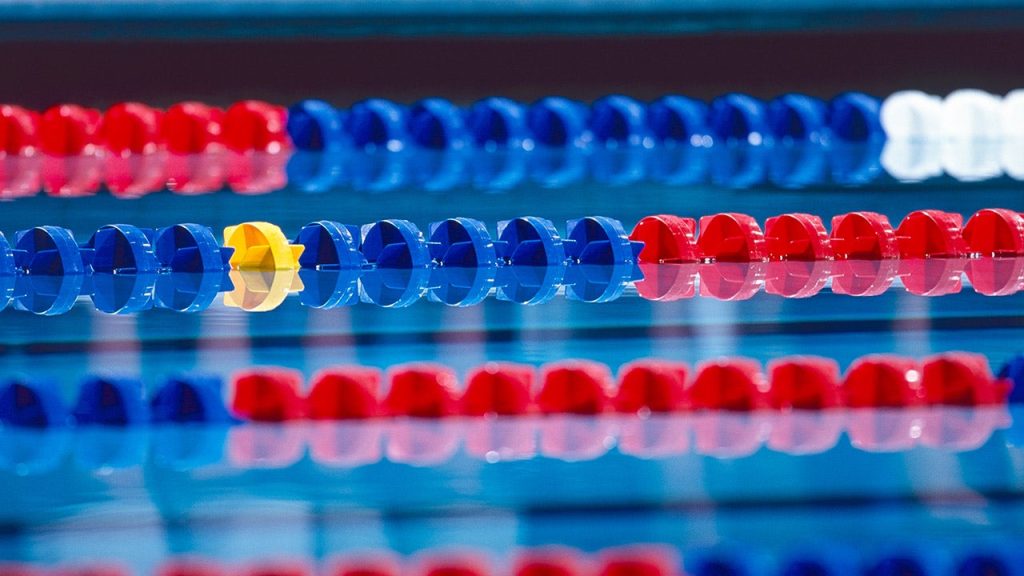Twenty-three Chinese swimmers were cleared to compete in the Tokyo Olympics in 2021 despite testing positive for a banned heart medication. The World Anti-Doping Agency (WADA) determined that the athletes had been inadvertently exposed to the substance through contamination and therefore allowed them to participate. WADA’s senior director of science and medicine Olivier Rabin stated that there was no concrete evidence to challenge the contamination claim initially brought by the Chinese Doping Agency, despite allegations of doping cover-ups in China.
The WADA revealed that they had received a tip from the U.S. Anti-Doping Agency in 2020 regarding possible doping cover-ups in China, but no evidence was provided to follow up on these allegations. However, the WADA assured that they thoroughly reviewed the case and found no basis to challenge the contamination claim. U.S. Anti-Doping Agency CEO Travis Tygart criticized the handling of the situation, accusing both WADA and the Chinese Anti-Doping Agency of secretly hiding the positive tests from the public. Tygart expressed disappointment in the failure to follow global rules and ensure fairness in the doping testing process.
Despite the controversy surrounding the Chinese swimmers, the 30-member team went on to win six medals at the Tokyo Olympics, including three golds. Many of the athletes are still active and are expected to compete in the upcoming Paris Olympics. The WADA emphasized that they followed all due process and diligently investigated every lead and inquiry related to the case. Gunter Younger, the WADA’s director of intelligence and investigations, clarified that based on the available information and lack of credible evidence, the threshold for opening an investigation was not met.
The news of the Chinese swimmers testing positive and subsequently being allowed to participate in the Olympics caused a stir in the sports world. Despite allegations of doping cover-ups and concerns about fairness in the testing process, the WADA defended its decision to allow the athletes to compete. The controversy surrounding the case highlights the complexities and challenges in ensuring a level playing field in sports and maintaining the integrity of anti-doping efforts. The outcome of this case will likely lead to further discussions and scrutiny of doping regulations and testing procedures moving forward.
With the Tokyo Olympics in the rearview mirror, attention now turns to the upcoming Paris Olympics and the participation of the Chinese swimmers who were embroiled in the doping controversy. It remains to be seen how the athletes and the relevant anti-doping agencies will handle future cases of suspected doping and ensure transparency and accountability in the testing process. The fallout from this incident may prompt changes in policies and protocols to prevent similar situations from occurring in the future and uphold the principles of fair competition and integrity in sports.


